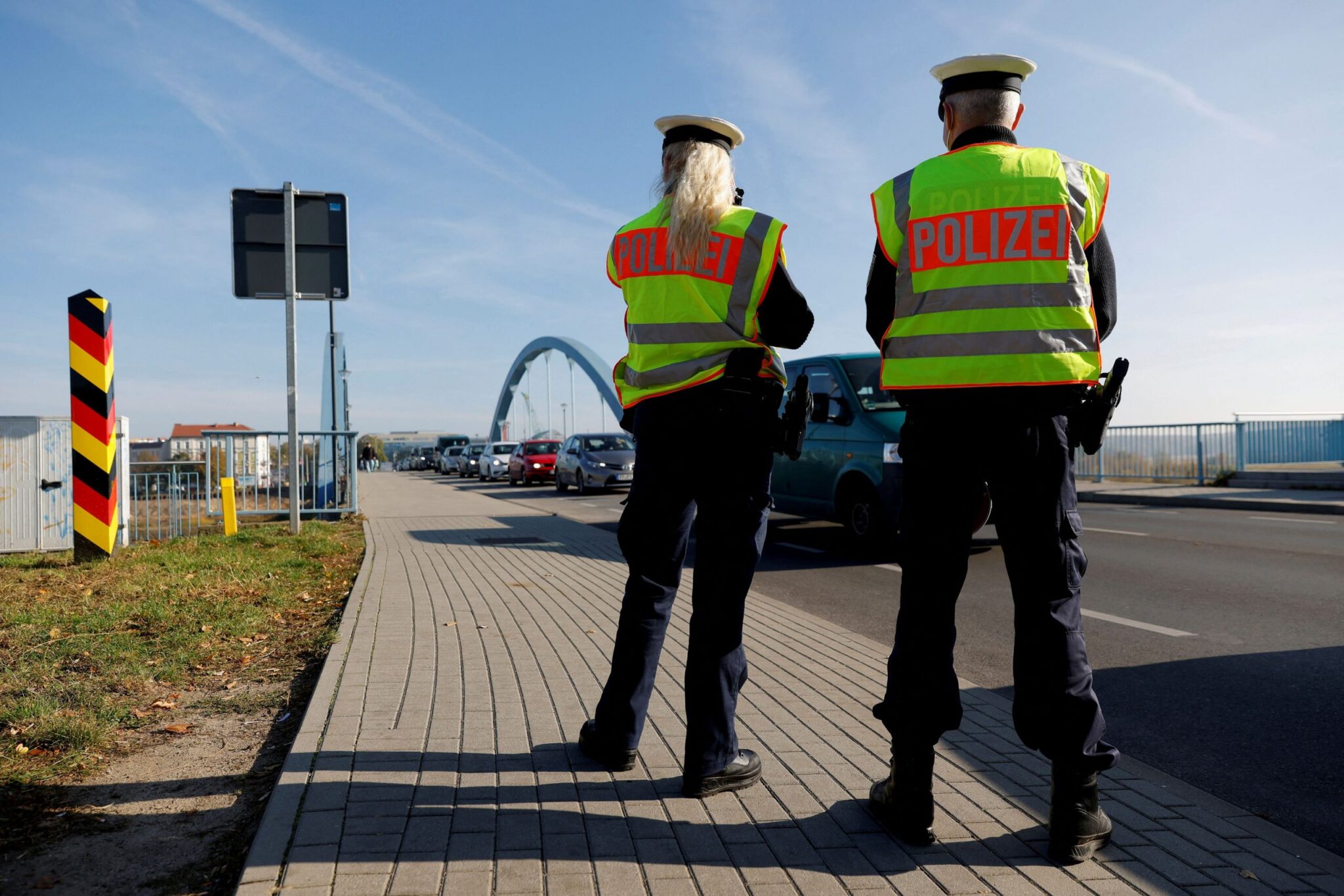Germany’s introduction of new border control measures on September 16 is expected to cause significant disruption, particularly for the logistics and transport sectors, likely causing shipping and freight delays. These measures will allow for spot checks on individuals crossing borders, primarily aimed at addressing irregular migration and strengthening security. However, shippers are raising concerns over the potential economic consequences, as delays could cost tens of millions of euros.
Freight Traffic in the Crosshairs
The new border checks could dramatically impact freight traffic, especially on major transport routes such as the Germany-Netherlands border. With an estimated 1,000 trucks crossing this border every day, logistics companies fear that waiting times could escalate sharply, affecting the timely delivery of goods. The German government claims the checks will be random and targeted at individuals, but industry experts are concerned that commercial vehicles may get caught up in these inspections, leading to severe delays.
For sectors like food, pharmaceuticals, and automotive manufacturing that rely on just-in-time delivery, the potential holdups could create severe disruptions in supply chains. The German Association of Freight Forwarders and Logistics (DSLV) has highlighted the risk to businesses, warning that even minor disruptions can lead to knock-on effects throughout Europe’s interconnected logistics network.
Shippers Call for Green Lanes
In response to the anticipated disruptions, shippers are advocating for the implementation of “green lanes” for freight vehicles. These lanes would allow commercial trucks to bypass some of the controls to avoid congestion and ensure critical goods continue to move smoothly across borders. Such an approach was successfully used during the COVID-19 pandemic to facilitate essential trade.
However, with the absence of formal agreements on green lanes, concerns are mounting over the economic impact of prolonged delays. According to estimates from industry insiders, each day of delay could result in costs running into tens of millions of euros. The European Union’s single market, designed to allow the free movement of goods, could be undermined by such unilateral measures, with ripple effects felt across the continent.
Economic Fallout Looms
Beyond direct financial losses, the delay of goods could have wider economic implications, particularly for industries reliant on cross-border trade. Supply chain interruptions could lead to stock shortages, increased costs for businesses, and lost opportunities for time-sensitive sectors.
While Germany argues that these measures are necessary to address the growing challenge of illegal migration, the transport and logistics sectors are urging for more balanced solutions. Without adjustments, the controls could damage Germany’s role as a key transit hub for European trade and further burden companies already grappling with inflation and global supply chain challenges.
As the start date for these border checks nears, the debate over their impact continues to intensify, with stakeholders pushing for alternatives that minimize the economic strain without compromising security.
Read Similar…
App May Prevent Supply Chain Delays from EU Biometric System













